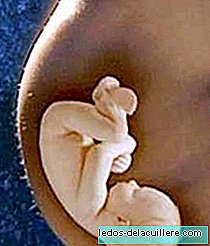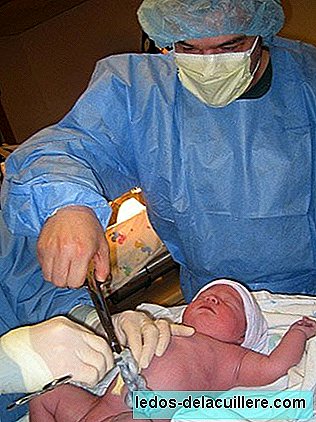
A very revealing study alarms us about the possibility that in countries where mothers go hungry during pregnancy (especially during the first trimester) there is a risk of increasing the number of addicts.
Research in the Bouman Mental Health Care in Rotterdam has been published in the Addiction Journal and is, in fact, the first to study in humans the relationship between prenatal exposure to hunger and addictions.
The scientists compared the data of men and women born in Holland between October 1944 and May 1945, at the time of the "winter famine", which occurred when the German authorities imposed the total embargo on the Netherlands.
In those months the population's food conditions were unfortunate, they consumed a daily average of less than 1,400 calories and even a few months below 1,000 calories.
They observed that the children of pregnant women who had spent the first trimester of pregnancy in the midst of winter famine were 34 percent more likely to be addicted.
The scientists explained that hunger would alter the brain reward system that develops during the first stage of pregnancy and is key in the appearance of an addiction.
Previous studies have shown that prenatal exposure to hunger increases the risk of schizophrenia and other serious mental disorders. If the brain does not develop properly inside the uterus, certain neurological abnormalities can be triggered, thus raising the chances of addiction.
Thus, the panorama is bleak, because we already see the future that awaits the regions of the world that are going through great famines.












